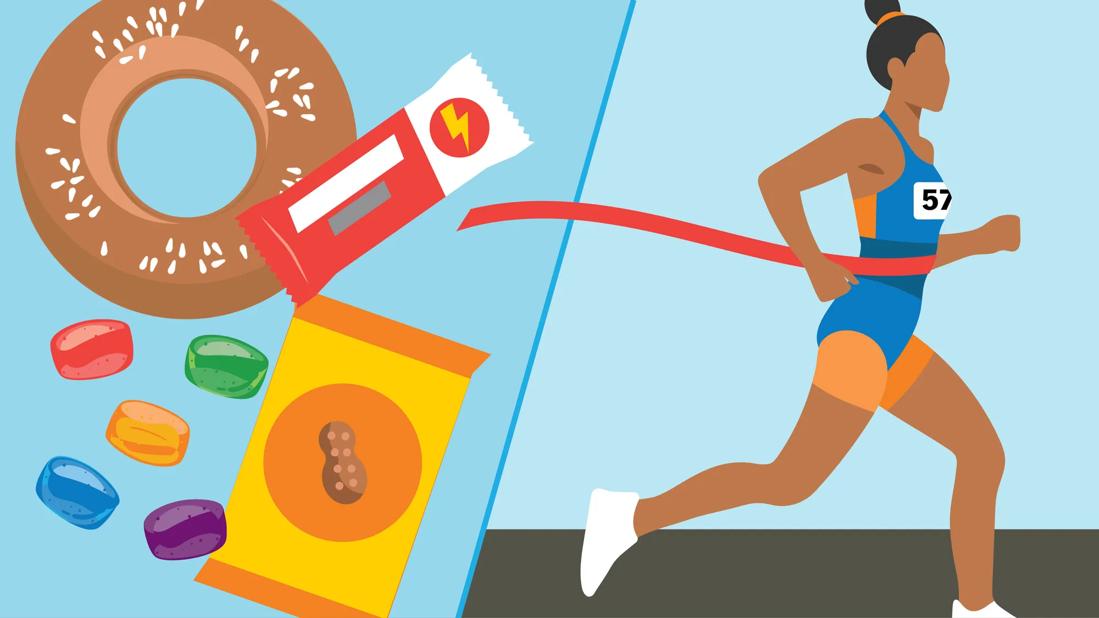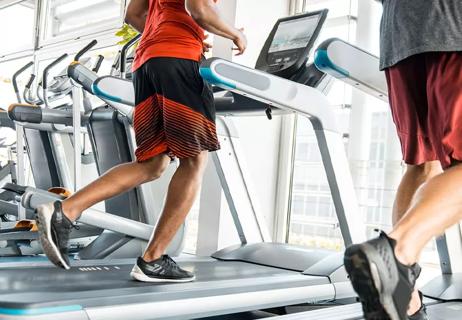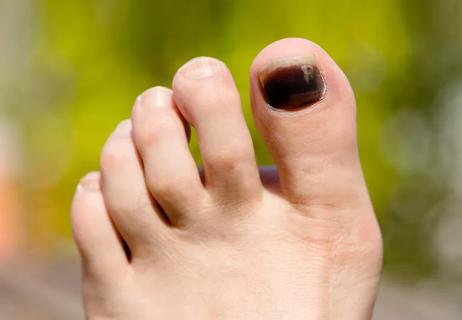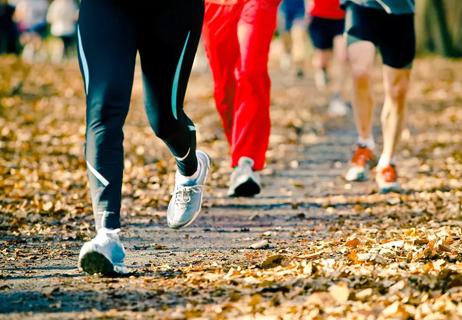Your diet in the weeks, days and hours ahead of your race can power you to the finish line

Running a marathon takes more than strong legs and sheer willpower. Your body also needs the right fuel. What you eat in the weeks, days and hours leading up to your race can make or break your performance.
Advertisement
Cleveland Clinic is a non-profit academic medical center. Advertising on our site helps support our mission. We do not endorse non-Cleveland Clinic products or services. Policy
We spoke with sports dietitian Carly Sedlacek, RDN, LD, to set a menu to carry you across the finish line.
You need to fuel well to run well, says Sedlacek. That means focusing on eating nutrient-dense foods with adequate carbohydrates, proteins and fats. (Make sure you’re hydrating enough, too, given all those sweaty miles.)
Here’s how to break it down based on timing.
As you train to conquer 26.2 miles, you’ll want nutrition to be a key part of your plan. Your focus should be on consistently fueling your body with balanced meals to meet increased physical demands.
“Try to build your meals around nutrient-dense foods with a mix of carbohydrates, protein and healthy fats,” recommends Sedlacek. “Treat fueling just as important as you treat running while training for your big race.”
Eat plenty of:
So, what does that look like? Here’s a sample day for the training table:
Advertisement
Three to five days ahead of your marathon, start “carb-loading” to boost glycogen stores in your muscles. Think of it as stockpiling energy for the task ahead.
“Carbohydrates are our body’s main source of energy,” explains Sedlacek. “When you’re putting in that many miles, you need to build up those glycogen stores, so you have the energy to keep going.”
Eat plenty of simple carbs, like white pasta, rice, bread and low-fiber fruits. Keep your food familiar, too. This isn’t the time to start experimenting with something you’ve never tried before.
Focus on getting in fluids as well: “Carbs are stored with water, so hydrate well,” she adds.
A sample menu for a day during race week might look like this:
Try to avoid alcohol ahead of your marathon, as it can be dehydrating and disrupt sleep and muscle recovery. “It’s best to cut back on alcohol in the weeks leading up to your race,” advises Sedlacek.
Let the carb-loading continue! Keep your pre-race dinner simple with white pasta topped with marinara sauce or rice with a small amount of lean protein. Again, the focus is on building up your energy reserve.
Try to avoid or limit:
The big day calls for a light breakfast. Look to get in a few more simple carbs to power up for what’s ahead. A plain bagel or toasted white bread with a little peanut butter is a great choice, says Sedlacek.
But whatever you choose, make sure it’s something you’ve tried before. (Ideally, before your long runs during training.)
“This isn’t the time to try something new,” reiterates Sedlacek. “Keep things simple.”
Oh, and again, make sure to hydrate!
Race cars stop to refuel during long races, right? Your body has the same needs.
Refuel with carbs every 25 to 30 minutes while you’re out on the course. Gels or chews can give you a quick boost while replenishing the energy reserves that you emptied grinding out early miles.
Carry your gels or chews with you during the race so they’re available when you need them.
“You want to test different types of gels or chews during your training,” advises Sedlacek. “Trial and error is key here. Some people do well with a particular sugar source, while others don’t. Find what works for you and use it.”
Advertisement
If you struggle with commercial gels, try more natural options like dried fruit or products made with maple syrup or honey.
CONGRATULATIONS! Finishing a marathon is quite an accomplishment. Wear that race medal proudly. You earned it.
It’s important to rehydrate and refuel after the race, too, says Sedlacek. What you eat can help repair muscles that you’ve pushed to the limit to cross the finish line.
Look to get in some protein and carbs within 30 minutes after the marathon. (Most races offer food for finishers that can meet those needs. Examples include bananas, bagels and chocolate milk.)
Later on, celebrate with a balanced meal with carbs, protein and plenty of veggies.
Marathon nutrition isn’t just about what you eat the night before the race. It’s also about how you fuel your body every day of training. Fueling can look completely different person to person, too. It’s important that you individualize your training fuel and what works best for you.
“Use the experience as an opportunity to develop better eating habits,” concludes Sedlacek. “Fuel your body with good nutrition, and it’ll take care of you — not just on race day, but for years to come.”
Advertisement

Sign up for our Health Essentials emails for expert guidance on nutrition, fitness, sleep, skin care and more.
Learn more about our editorial process.
Advertisement

Using precautions like bandages and lubricants can help you run away from this uncomfortable condition

Reducing your pace allows you to log more miles and train your body for the stress of running

Running doesn’t cause knee arthritis, but you can take steps to minimize cartilage damage

Months of preparation go into readying your body to run 26.2 miles

A few precautions can keep your toenails from turning black and falling off

Your body’s natural response to starting workouts may include an urge to scratch

What you should know before hitting a race before the big Thanksgiving meal

As a training tool, ditching your shoes could help you build better running form to avoid injury

Even small moments of time outdoors can help reduce stress, boost mood and restore a sense of calm

A correct prescription helps your eyes see clearly — but as natural changes occur, you may need stronger or different eyeglasses

Both are medical emergencies, but they are very distinct events with different causes